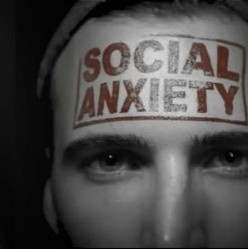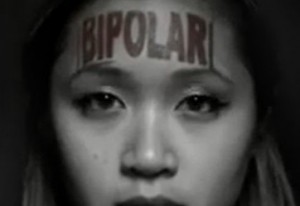The State – June 26, 2014
By Vince Ward, Ph.D.
You must be crazy. Psychiatry and Big Pharma say so.
The fifth edition of the Diagnostic and Statistical Manual of Mental Disorders, American psychiatry’s manual of mental illness diagnoses, was published last year. It’s supposed to “revolutionize” diagnosis and treatment of mental illness. If you and I submit passively to it, it probably will.
Also last year, Dr. Allen Frances published a book critiquing the DSM-5, Saving Normal: An insider’s revolt against out-of-control psychiatric diagnosis, DSM-5, Big Pharma, and the medicalization of everyday life. Dr. Frances can’t be ignored; he led the team that wrote DSM-5’s predecessor, the DSM-IV, more than a decade ago.
 Why should you care about this? Because no matter who you are, or how “normal” you think you are, DSM-5 could probably diagnose you with a mental illness. Dr. Frances’ concern about “the medicalization of everyday life” is that it diverts precious resources away from those who truly need them to those who don’t, and can rob the latter of their resilience and independence. DSM-5 could redefine our cultural identity, because more and more of us will be defined by its terms.
Why should you care about this? Because no matter who you are, or how “normal” you think you are, DSM-5 could probably diagnose you with a mental illness. Dr. Frances’ concern about “the medicalization of everyday life” is that it diverts precious resources away from those who truly need them to those who don’t, and can rob the latter of their resilience and independence. DSM-5 could redefine our cultural identity, because more and more of us will be defined by its terms.
Dr. Frances’ specific concerns about DSM-5 are serious: It contains errors that went unnoticed or were outright ignored. Quality control was minimal; nobody but the team developing it saw it until it was finished. There were conflicts of interest — e.g., friends of Big Pharma CEOs on the task force — that influenced the development of new diagnoses and changes to old ones. As it replaces the DSM-IV (revised) in the people-helping professions, there will be epidemics and fads of certain new and expanded diagnoses that become applied to smaller and smaller differences from “normal,” until normal disappears and nearly everyone is diagnosable with something.
With the first DSM in the early ’50s, psychiatry tried to destigmatize “crazy” by promoting the idea of “mental illness” as “an illness like any other.” A few decades later, the pharmaceutical industry discovered that marketing the idea that emotional pain and discomfort are illnesses, easily cured by medicine, drove the profits from medicines claiming to achieve that through the roof. Presto! The diagnosis of mental illness is linked to the sales figures of Big Pharma, which now markets both unhappiness/discomfort and their cure.
In recent years, psychiatry has continued to redefine itself as less mental and more medical — and almost exclusively medicinal. If you call a psychiatrist for an appointment, you’ll probably hear this: “I don’t do talk-therapy; I diagnose and medicate.” The diagnosis, not you or your story, is treated with medication.
Read the rest of the article here: http://www.thestate.com/2014/06/26/3530845/ward-when-does-ordinary-life-become.html


